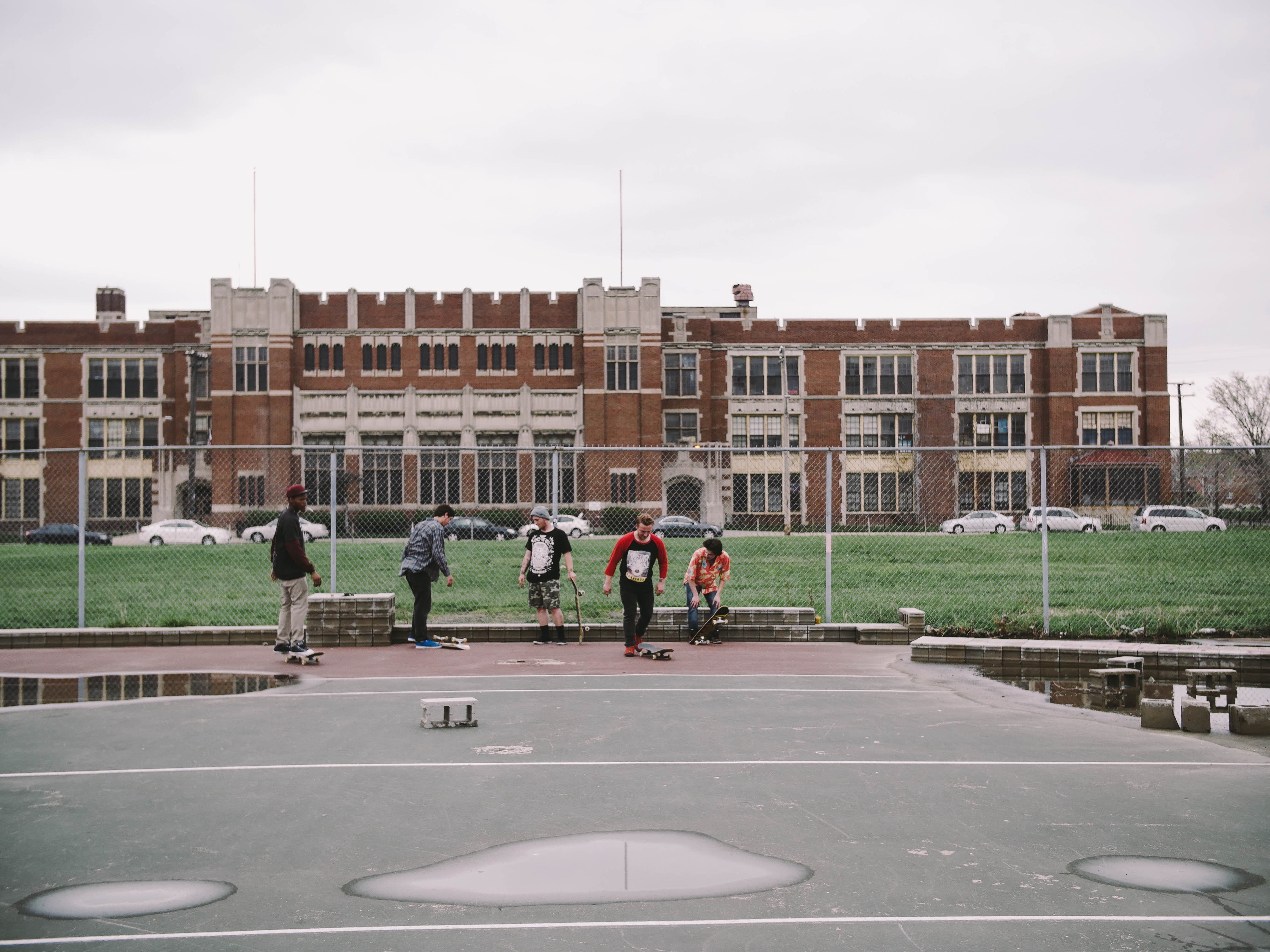
When we think of the end of the school year we generally think of summer vacations, sand, sun, and family fun. However, some kids have a very difficult time with the end of the school year. Whether it is that they will miss their friends, hate change in routine, or any other reason- your kids may need to grieve the end of the school year. Keep in mind that not everyone grieves the same way or in any specific order. Here is how to help them through this process:
Denial:
Some kids will just pretend that school is not ending and that they will be going back the next week. This is a way to reduce anxiety that there is a big change in routine coming. It can also help with them being able to enjoy the moment instead of feeling sad that these moments are about to end.
Anger:
Anger is considered a secondary emotion which means that another emotion is fueling the anger. The key to reducing the anger is to understand the underlying emotion- which could be embarrassment, loneliness, sadness, guilt, feeling of loss, or others of this nature.
Bargaining:
You tend to see this with something specific like with moving onto a different teacher or a friend moving. They may try to bargain with you by talking about not being able to move onto the next grade or keeping their room super clean so that you will drive them to their old friends house.
Depression:
This does not seem to fit into summer vacation but depression can happen too. They may feel like all their friends are having amazing summers and they are stuck at home. Or they feel like there is nothing to do and feel ‘bored’. Symptoms can be talking about it with you, sleeping all the time, moping around the house, or appearing sad, among others.
Acceptance:
At some point we hope that they embrace summer vacation and the fact that they will be moving to a new grade/new teacher. It is important to note that they may move between any one of these stages including getting to acceptance and moving away from it.
How we help:
-Talk. Talk all the time about feelings, concerns, comments, suggestions, and worries. If your child is struggling you want them to feel safe to discuss this with you. This way you can help them problem solve and feel better.
-Help them identify their emotions. Sometimes it is hard to know what we are feeling underneath our anger, so make sure to talk this out with them and help them figure out their ‘fueling’ emotion.
-Make a summer schedule. I know, I know. A summer schedule sounds terrible, but it can be very helpful for children in that they know what is expected of them. They also know roughly what their day is going to look like. There is security in structure.
-Get them outside and enjoying summer. This does two things- first it gets them outside exercising/ increasing endorphins and second it helps distract them from their distress.
My Challenge to you: First things first, enjoy the start of your summer- go do activities, art projects, and family time. Second, take time to relationship build with family and friends. Make sure to listen to what they need and enjoy each other’s company.
Happy change of routine friends!
– Jessie the Therapist



